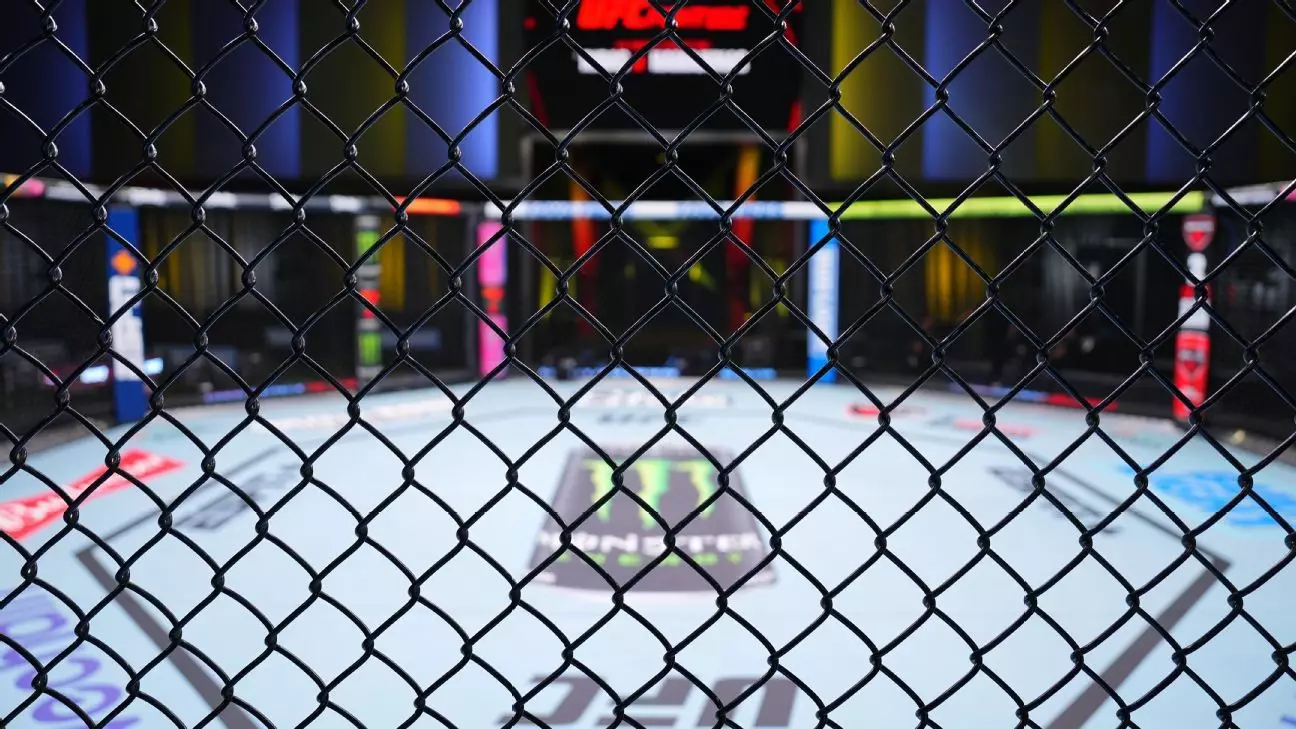The mixed martial arts (MMA) community received significant news recently, as a Nevada judge granted preliminary approval for a substantial $375 million settlement related to the ongoing antitrust litigation against the Ultimate Fighting Championship (UFC). This settlement marks a critical milestone in the lengthy legal saga that has dogged the UFC since 2014. It highlights broader issues surrounding fighter treatment, the business model of the UFC, and the implications these legal battles may hold for the sport’s future.
The approval from Judge Richard Franklin Boulware II effectively concludes the first of two lawsuits, specifically the Le v. Zuffa case, which stems from allegations that the UFC engaged in unfair competition practices. The plaintiffs accused the promotion of violating antitrust laws by underpaying fighters while simultaneously stifling competition from other MMA organizations. Boulware’s acceptance of the $375 million settlement comes after a prior proposal of $335 million was rejected, underscoring the complexities involved in adjudicating such high-stakes cases.
The saga began almost a decade ago, with grievances that highlighted a perceived systemic undervaluation of fighter compensation and widespread exploitation of athletes. The settlement is a crucial culmination of these claims, providing much-needed financial relief to the over 150 fighters involved in the lawsuit. The approval also sets the stage for more significant changes in the industry, reflecting shifting paradigms regarding athlete rights and the equitable distribution of revenue within the sport.
Both sides expressed satisfaction with the ruling. A UFC spokesperson emphasized the organization’s desire to resolve the matter, which they believe will foster a more positive reputation moving forward. On the other hand, Eric Cramer, the lead attorney representing the plaintiffs, articulated an optimistic view, describing the court’s decision as monumental. Cramer expressed gratitude toward the representative plaintiffs for their resolute commitment over the years, indicating that their decade-long struggle has the potential to redefine their financial futures.
Testimonials from fighters further shed light on the significance of this financial redress, with some citing grave situations of economic hardship. Shane Carwin, a former interim heavyweight champion, shared his personal challenges, drawing attention to the serious effects of chronic traumatic encephalopathy (CTE) and the reality many fighters face post-career. These statements serve to humanize the statistics behind litigation, reminding the public that behind every dollar amount is a life impacted by the pressures of competition, physical toll, and financial uncertainty.
While this initial settlement may bring immediate relief to many fighters, it represents just one aspect of a larger conversation about athlete rights within the MMA landscape. The second antitrust lawsuit, known as the Johnson v. Zuffa case, is still pending and aims to secure not only further financial relief but also critical reforms in UFC contracts and their business practices. This ongoing litigation signals that conversations around fighter compensation and the equitable treatment of athletes are far from over.
Moreover, the UFC’s defense contends that their investments have spurred the growth of the sport, pointing to the emergence of rival promotions as evidence of a competitive marketplace. Critics, however, argue that these assertions fail to acknowledge the monopoly-like grip the UFC maintains over its athletes, stifling market competition through restrictive contracts and various corporate practices. With this tension continuing to simmer, the outcome of both lawsuits may set vital precedents that could shape the future trajectory of MMA and the rights of its athletes.
The preliminary approval of the $375 million settlement represents a significant turning point in the ongoing struggle between UFC athletes and the organization itself. As fighters look forward to the potential financial relief and necessary industry changes, the outcomes of both lawsuits will be pivotal in addressing longstanding issues related to fighter compensation and market fairness. This settlement is not merely an end to litigation but potentially the beginning of a new chapter where fighter rights can garner the respect and consideration they rightfully deserve in the sport of mixed martial arts.


Leave a Reply